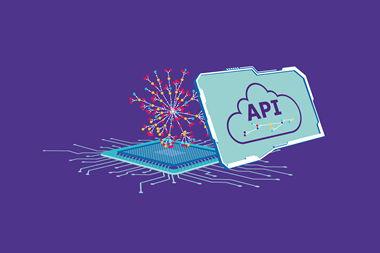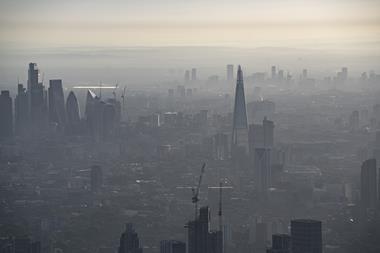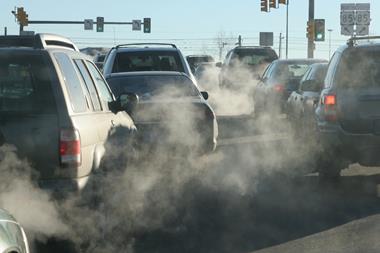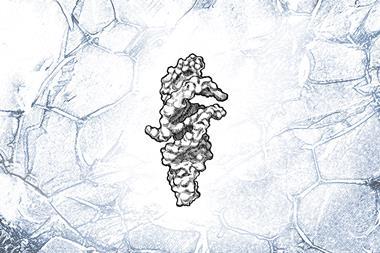Pharmaceutical crime programme will seek to reduce trade in fake drugs
International police service Interpol is teaming up with 29 drug companies to combat the trade in fake medicines.
The group will spend €4.5 million (£3.9 million) to create a pharmaceutical crime programme, which will build on the work of Interpol’s Medical Product Counterfeiting and Pharmaceutical Crime (MPCPC) unit.
The programme will seek to raise awareness of the dangers of fake drugs, particularly those bought online. According to the World Health Organization, in more than 50% of cases, medicines purchased over the internet from illegal sites that conceal their physical addresses are counterfeit.
Counterfeit cough syrup and other medicines laced with diethylene glycol have caused eight mass poisonings around the world. In 2006, more than 100 people in Panama, many of them children, died after taking contaminated cough syrup. In 2012, over 100 heart patients in Pakistan died after taking fake medicine.
Pharmaceutical crime includes manufacture, trade and distribution of fake, stolen or illicit medicines or medical devices.












No comments yet